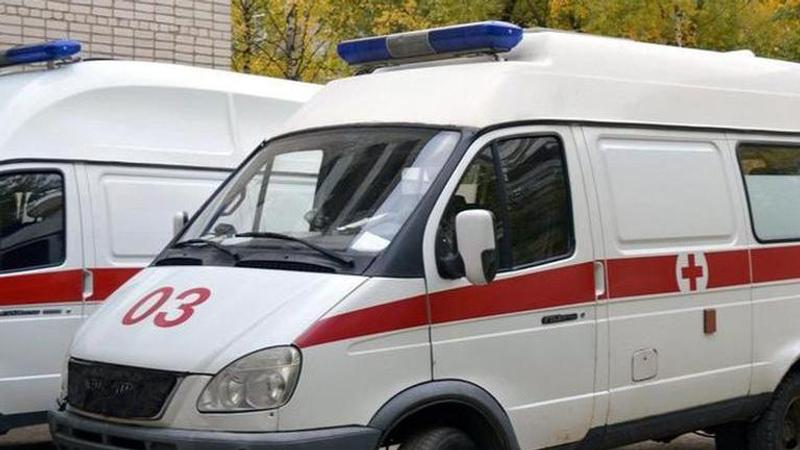Published 15:16 IST, November 17th 2021
Ambulance service in Kabul severely affected due to fuel shortage in Afghanistan: Reports
Amid the deteriorating condition of Afghanistan, the health services are now taking a deadly turn as the ambulance services are denying to transport patients.

Amid the ongoing humanitarian crisis, the health services in Afghanistan are now taking a deadly turn as the ambulance services are denying transporting patients citing fuel crisis, Hasht-e Subah reported on Tuesday. According to the local media reports, the family members who were desperately looking at the ambulance transport services said they were repeatedly told to look at the other transport services. The family members said they called hundreds of ambulance services to carry their patients but were denied by almost all citing, fuel shortage.
While speaking to Hasht-e Subh, one citizen said he had called an ambulance on Sunday to transport a patient from the road but was told that the ambulance could not provide services due to the lack of fuel. "At 1:54 pm, I wanted to take a girl who had fallen on the street to the hospital from the Kabul University crossroad. When I called the ambulance for help, I was told that the ambulance has no fuel and that it does not deliver services for two weeks," one of the Afghans told the local media outlet. Meanwhile, when the Hasht-e Subah asked the Kabul ambulance authorities to comment on the crisis, they denied to respond. However, some departments added they stopped the services due to economic and technical problems.
Soaring fuel prices force Afghan citizens to switch to bicycles
Recently, TOLO News reported residents of Kabul are now switching to bicycles in order to cover short distances due to soaring fuel prices. The change in daily commute in the city came as the fuel prices soar almost double within three months. The local media report said the fuel prices were 35 Afghanis during the Ashraf Ghani government while it has towered to 76 Afghanis during the all-men Taliban government. "I cannot afford to pay the taxi fare. I often use a bicycle and sometimes walk instead of using a taxi," said Abdul Qadir, a Kabul resident. "Using bicycles is cheap and it is also good for the environment because it does not have any emissions," said Mukhtar Ahmad, a Kabul resident.
Afghanistan facing a total economic meltdown
Several international organisations including WHO, Norwegian Refugee Council (NRC), UNICEF and NHRC who visited Afghanistan raised grave concerns on several occasions. A top official from NRC who had visited Afghanistan noted that the common people of the country have limited access to their savings as the country has been facing a huge cash crunch since the Taliban regime come to the power. The official said the limited access to the banks has forced the people to live without basic facilities. Also, he highlighted the problem of food scarcity in the national capital and said the families were forced to sleep without having a meal. However, the Taliban refused to accept it.
(Image: Pixabay)
Updated 15:09 IST, November 17th 2021




